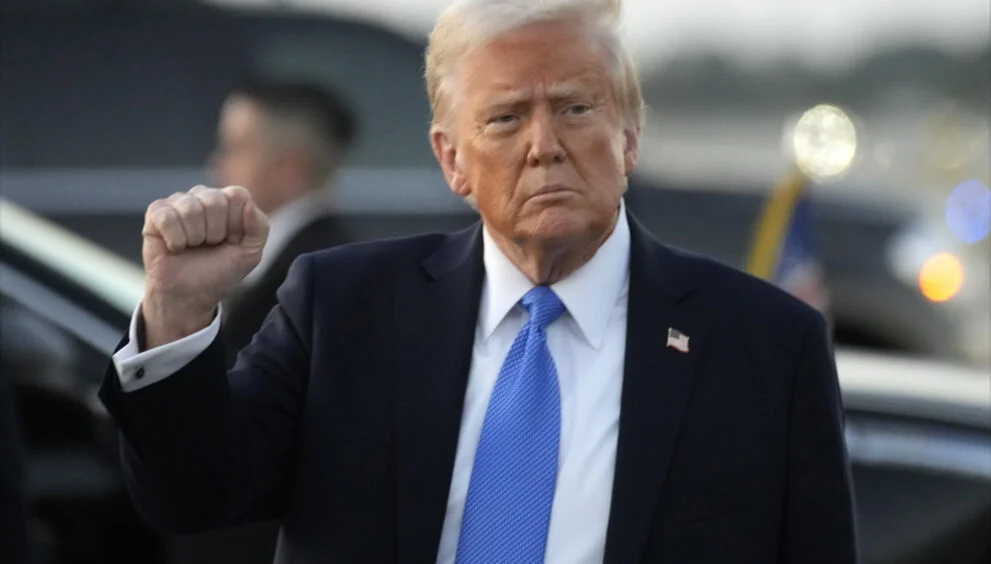On September 8, 2025, the U.S. Supreme Court upheld President Donald Trump’s aggressive immigration raids in Southern California, allowing federal agents to target people based on race or language.
The decision overturned a lower court’s order, drawing sharp criticism from liberal justices.
Court Overrules Restrictions
The Supreme Court, with a 6-3 conservative majority, granted a Justice Department request to lift a July 11 order by Los Angeles-based U.S. District Judge Maame Frimpong.
Her ruling had barred agents from stopping or detaining people without clear evidence of illegal status, specifically prohibiting the use of race, ethnicity, language, or job type as reasons for suspicion.
The Supreme Court’s brief order, issued without explanation, allows “roving patrols” to resume.
Liberal Justices Dissent
Justice Sonia Sotomayor, joined by the court’s two other liberal justices, strongly dissented.
She wrote, “The government has practically said all Latinos, citizen or not, in low-wage jobs can be seized at any time and held until they prove their status.”
She argued that the ruling undermines constitutional freedoms and vowed, “I will not stand by as our rights are lost.”
Lawsuit and Allegations
A group of Latinos, including U.S. citizens, filed a class-action lawsuit in July 2025, claiming the raids violated the Fourth Amendment’s protection against unreasonable searches.
The lawsuit described aggressive tactics by masked, armed agents, likening detentions to “midday kidnappings.”
One plaintiff, Jason Gavidia, said agents roughed him up and questioned his U.S. citizenship, even demanding details about his birthplace.
Trump’s Immigration Push
Trump, re-elected in 2024, promised record-level deportations. His administration’s raids in Los Angeles have caused panic in immigrant communities and sparked protests. In May 2025, Trump aide Stephen Miller set a goal of 3,000 daily arrests.
In June, Trump sent National Guard and U.S. Marines to Los Angeles to support police against protesters, a move California Governor Gavin Newsom called unlawful and divisive.
Justice Department’s Defense
U.S. Attorney General Pam Bondi, appointed by Trump, called the ruling a “huge win,” saying agents can now act without “judicial interference.”
The Justice Department argued that in Southern California, where about 10% of residents are undocumented, agents can use a “broad profile” for stops, including factors like ethnicity or language, alongside other clues.
Justice Brett Kavanaugh, in a concurring opinion, said ethnicity alone isn’t enough for suspicion but can be a factor. He noted that agents release people once their legal status is confirmed.
Ongoing Concerns
The Supreme Court has often backed Trump’s immigration policies in 2025, including deportations to third countries and ending humanitarian protections for migrants.
Critics argue these raids, targeting places like car washes or day-labor sites, risk racial profiling and harm both citizens and non-citizens.
The 9th U.S. Circuit Court of Appeals had upheld Frimpong’s order on August 1, but the Supreme Court’s decision reverses that.




















